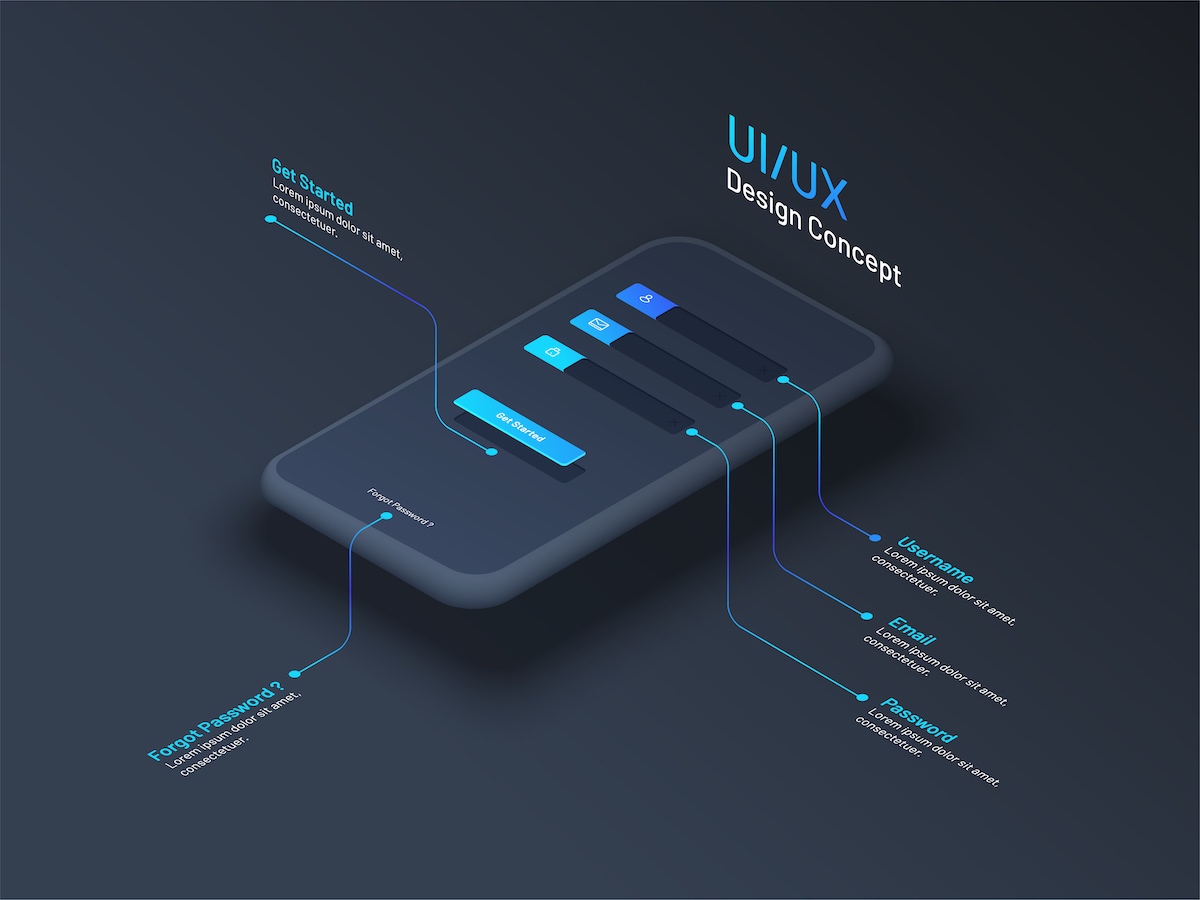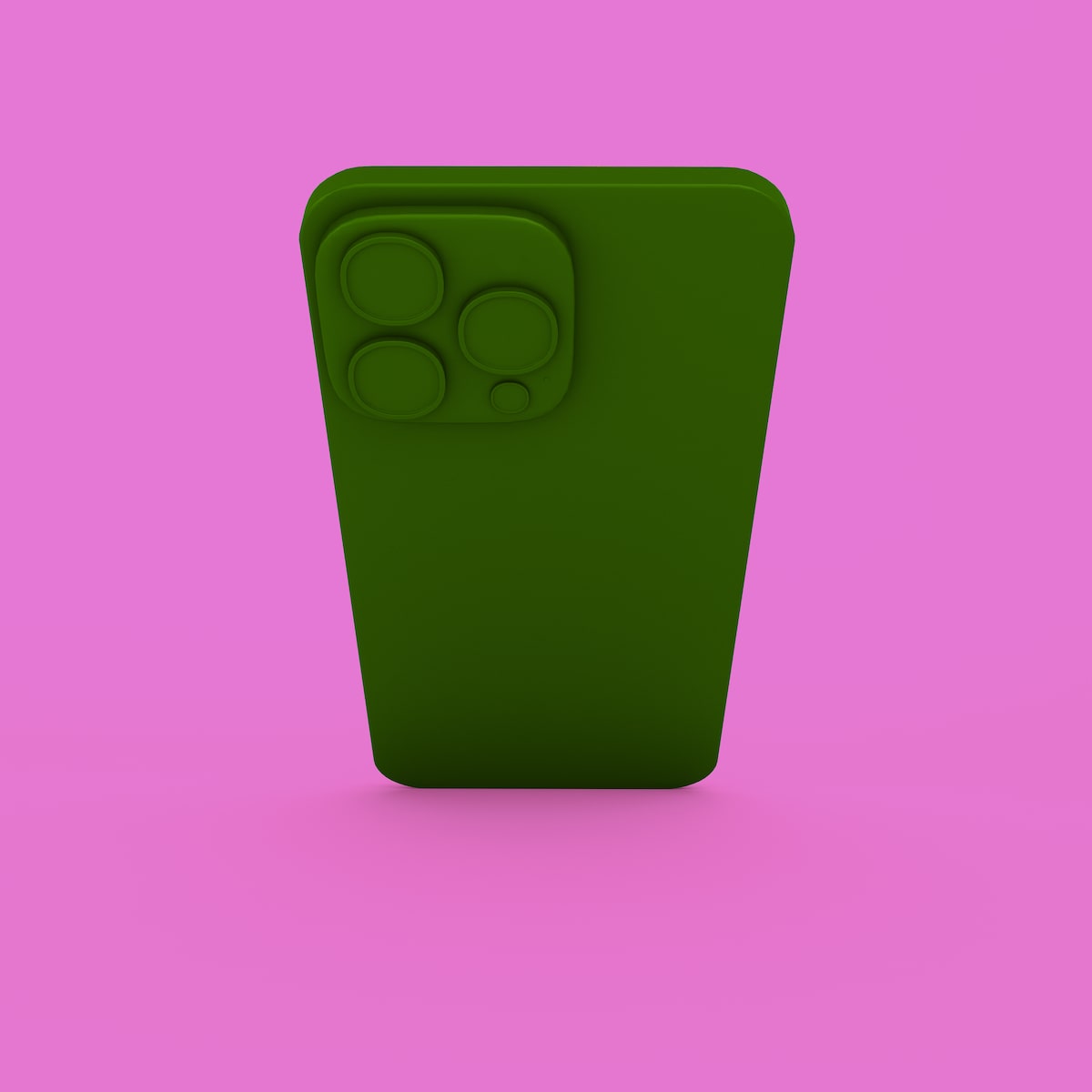Websites that Work For “U”
UI (User Interface design) and UX (User Experience design) are two of the most important components to take into consideration when looking to improve your website design, and it is equally important to understand the differences between them. In the digital age, every company needs a functioning website if it is going to succeed and continue to grow in the long term, but good website design goes beyond making sure each link works and every picture loads – we first need to understand the definition of UI and UX. UI and UX are often confused with each other, or even mistakenly referred to as being interchangeable, but knowing the differences between them will help you get the most out of each when designing and optimizing your website.

“U” and Your Business
The ‘U’ in both UI and UX stands for ‘User’, and it is the most important letter of the alphabet to keep in mind throughout the entire website design, creation, and maintenance process. UI and UX are two different facets of the interaction between your users and your website. Every company will have different target audiences and user bases, but a major mistake a lot of businesses make is only designing their website from their own point of view, and not considering the needs of their visitors. Your website in fact exists to serve you by serving your users – after all, it is your users who are going to give you clicks, conversions, and ultimately business through the use of your website. If your website is not optimally designed for your users to give you these, who is it serving?

What is UI?
UI stands for User Interface, and at its core is both the hardware and software that users use to interact with a digital product. This includes all of the physical components such as keyboards and screens, as well as the digital aspects such as buttons and icons. UI design takes into account qualities such as responsive web design, colour, text, iconography, and everything else that impacts the interactivity between a user and your website.
Good UI conducts a user’s journey through a website or indeed any digital product in a way that makes visual sense.
Components of Good UI
1. Sensible Layout
The layout of a website is crucial to ensuring that its visitors can easily navigate their way through with as little trouble as possible in order to find what they are looking for.
2. Attractive Colour
Colours have to be attractive, complimentary, and make sense in the context of the content so as not to throw visitors off.
3. Clear Text
Text has to be clear, readable, and spaced correctly so that users can understand it both when skimming a page and when reading more closely.
4. Fast Responsiveness
Buttons, links, and icons have to be clearly visible and quick to respond when clicked on.
Qualities of Good UI
1. Versatility
If a digital product can be accessed from more than one device, it should operate as smoothly as possible on each. Users should not have more difficulty operating a mobile website than its desktop equivalent
2. Familiarity
Users should be able to draw from previous experience in order to know how to interact with the product
3. Efficiency
Users should be able to interact and achieve their desired results with as little time and effort as possible. Implementations such as shortcuts can help with this
4. Consistency
Giving users repetitive messaging about how best to interact with a product by being consistent in how it is implemented allows them to learn and trust it
What is UX?
UX, on the other hand, stands for User Experience, and is all to do with how the user responds to the UI. Don Norman, a cognitive scientist at Apple is credited with coining the term “user experience” and defining it as encompassing “all aspects of the end-user’s interaction with the company, its services, and its products.” This phrasing is incredibly broad and can technically apply to just about anything – the experience of buying a burger or using a microwave to reheat leftovers – but it is almost exclusively applied to the digital space.
UX design ultimately serves the purpose of creating the most efficient, pleasant, and overall best experience for the user by focusing on how the user feels when interacting with the UI, how easily they can complete their tasks, and what they inevitably take away from the experience.
Qualities of Good UX
1. Value
Users should be interacting with high quality content on any given digital platform in order for them to feel that they are getting their value from it
2. Usefulness
There should be a purpose to what the user is interacting with, whether that be education, e-commerce, or entertainment
3. Desirability
The overall experience provided by a digital product should be one a user wants to interact with, not just one they feel obligated to
4. Usability
Users should be able to pleasantly and easily interact with the product with as little effort as possible
5. Accessibility
The product should meet the needs of every user it was intended for, whether this means including alt text for users who use screen readers, or subtitling audio content for those who are hard of hearing, for example
6. Searchability
Users should be able to find the digital product when they are searching for it without having to go to any additional trouble
7. Credibility
The content on a digital platform should be accurate, trustworthy, and well-regarded in order for it to contribute to a positive user experience

Working Together
If UI is a steering wheel, an engine, and an open road, then UX is the feeling you get while driving the car.
UI and UX are a partnership – it is physically impossible to have one without the other. UX design asks what problem a user needs to solve, what steps they will need to complete in order to solve it, and how they should feel while doing so, while UI design focuses on the visual components of a user’s problem-solving journey and all the touchpoints they will need to interact with to complete their task.
Optimizing UI and UX
At its heart, optimizing UI and UX goes back to our very first point – it’s all about putting the user first. The better you understand your users, the better you will be able to design an interface and experience that suits them (and by extension, you). Here are some tips for optimizing both:
1. Identify Your Users’ Goals
What problem are they trying to solve by coming to your website? What solutions are you there to offer them? Maybe you are providing a product or service that they need. How can you make the process of them getting that from you as effortless as possible?
2. Identify the Steps to Achieving those Goals
What processes do they have to go through in order to get what they want? If, for example, a user is trying to buy a product from your website, they may need to search for it, click on the product page, add it to their shopping cart, and pay. How can each of these processes be improved? Will filters help them find what they need faster? Is the “checkout” button in the right spot?
3. Analyze Your Audience
How do your users typically behave on your website? Are there specific pages which are causing them to leave prematurely? Are they making conversions? Where are they based? Consider what could be changed about your website to improve specific data points based on your analytics.
4. Conduct Testing
Testing helps identify problem areas in your website and makes sure every user is considered. Is your website mobile responsive? Is your website fully functional even for users who are visually impaired? Does every button work as it should?
5. Be Consistent
Last, but not least, keep the optimization process going. There are always improvements that can be made to your website, and your users and their goals can evolve over time. Make sure you are constantly considering the needs of your user base, and you will be sure to have an amazing UI which results in a fantastic UX.

Let us know how you are optimizing your UI and UX on LinkedIn, Facebook, or Instagram!










